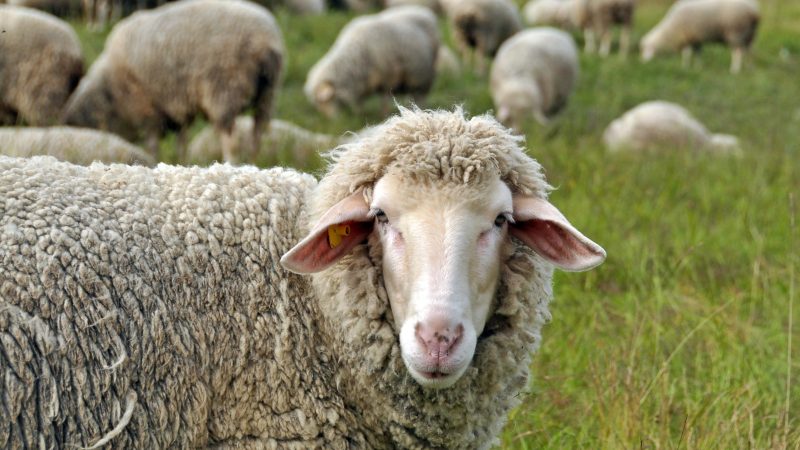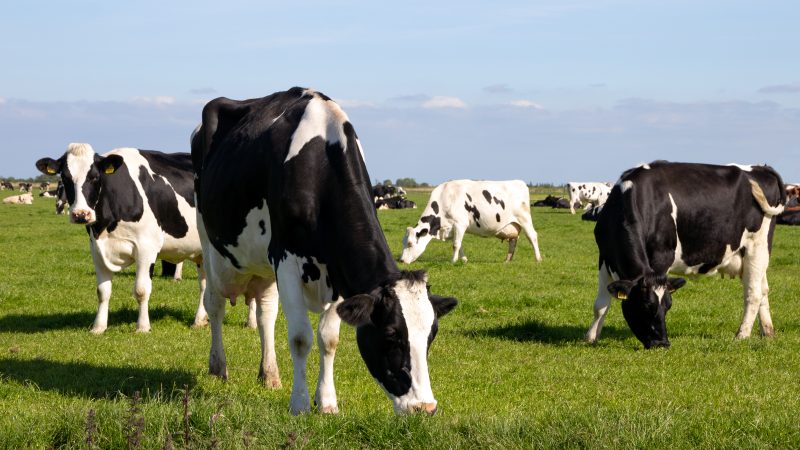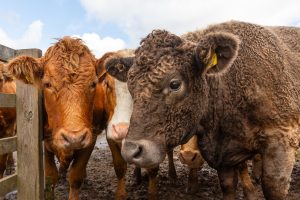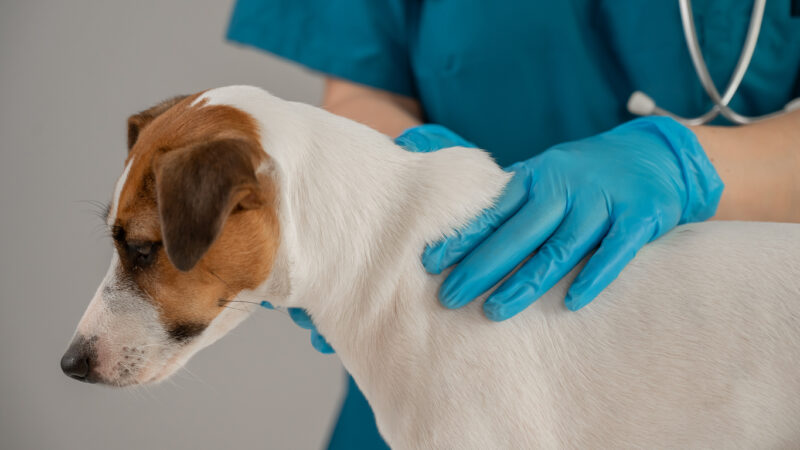New scheme to help vets and farmers tackle TB
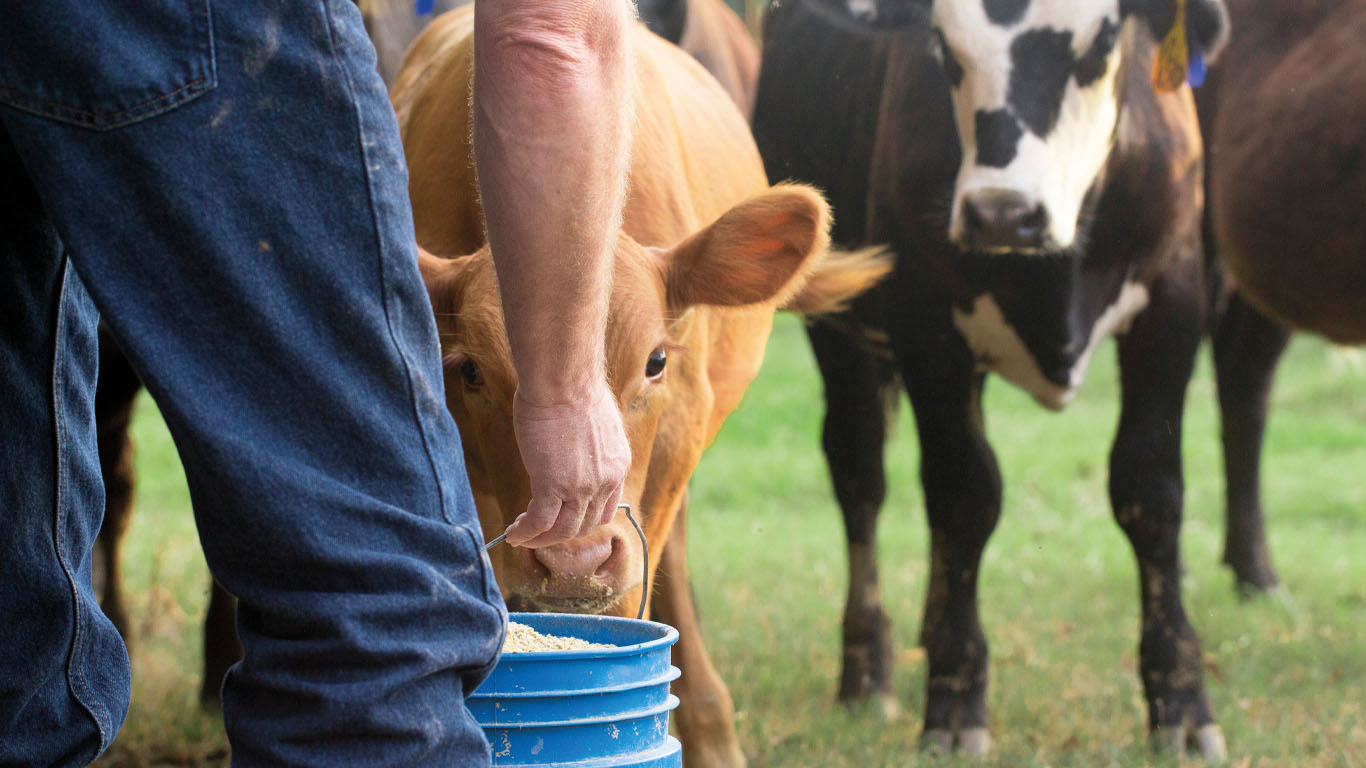
Poots may keep agriculture job to fight disease
A cattle health certification standards body is rolling out a new UK-wide plan to help farmers tackle Bovine TB.
The TB Entry Level Membership scheme focuses on biosecurity ‘basics’ and is designed to enable vets to engage with farmers and put in place measures to reduce the risk of a TB breakdown.
The news comes amid speculation Edwin Poots will stay on as Northern Ireland’s Agriculture Minister despite winning the DUP leadership race.
When he took the job in 2020 he listed getting a handle on NI’s soaring TB rates as a priority.
The is the UK’s most challenging animal health and welfare issue, costing farms around £18,600 per breakdown – and in some cases more.
Keith Cutler MRCVS, chair of the CHECS technical committee, said: “Farmers often think that TB is uncontrollable, but biosecurity is a key tool in tackling it.

“It is far more than just having a boot dip on the yard; but it can be easily implemented and doesn’t have to be expensive.”
Sarah Tomlinson MRCVS, TB Advisory Service, who helped to develop the Entry Level approach, added: “The Government recognises the important role private vets can play in TB eradication and the need to increase engagement in TB biosecurity. The Entry Level scheme promotes all of these elements on farm.”
The six risk factors Checs listed are:
- Minimise TB risk from purchased cattle (eg only buying cattle from lower-risk herds)
- Minimise TB risk from cattle in other herds (eg never grazing cattle on contiguous grazing at the same time as a neighbour’s cattle)
- Minimise TB risk from your own animals (eg cull inconclusive reactors)
- Minimise the spread of TB through muck or slurry (eg no imported slurry or muck used on cattle grazing land)
- Reduce TB risk from badgers (eg monitor for badger activity with cameras or mapping)
- Have a TB test failure contingency plan (eg have a plan for youngstock to leave the farm).
To get involved, farmers need to apply through a participating CHECS cattle health scheme.

